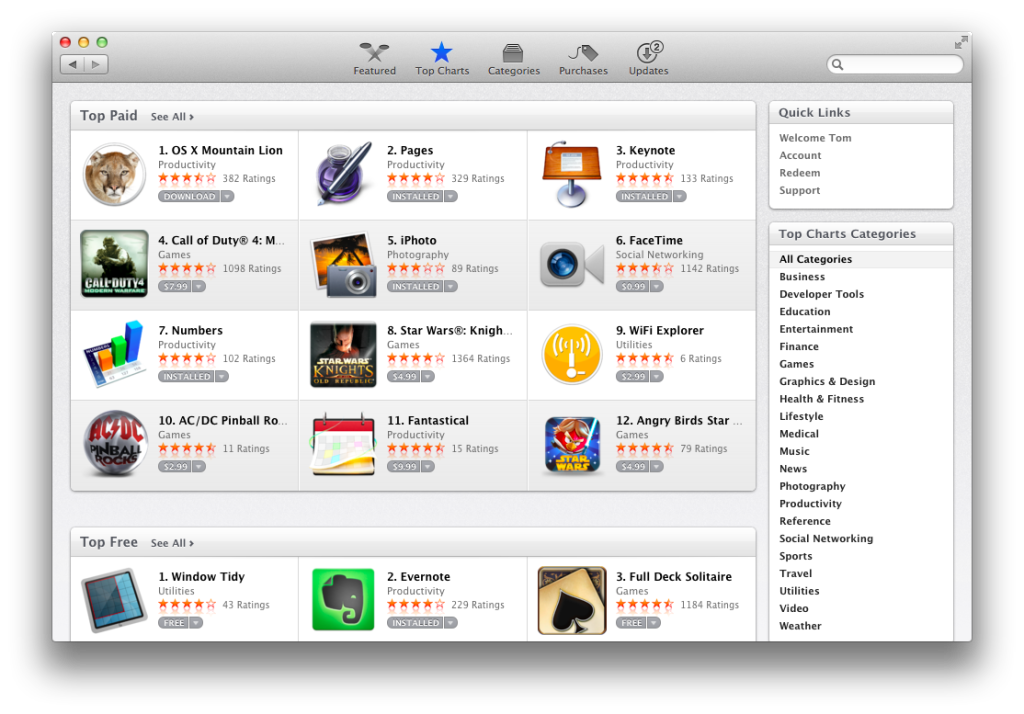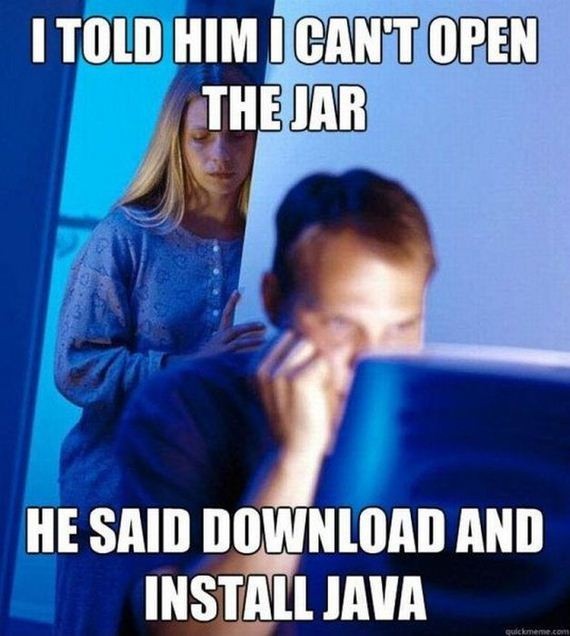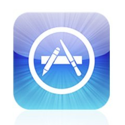Ever since smartphones have become mainstream, there are apps for almost everything. Prior to this revolution (if that’s what you’d like to call it), we had phones that a had a few tools on them, but most of our work was done on a computer.
And the computer had software, or computer programs, or applications – whatever you’d like to call them – and that’s how we got work done.
This is likely going to make me sound a bit weird, but for the past few months I’ve been periodically asking people how they define an app. Of course, I don’t ask it like that. Instead, it’s goes something more like:
So, hey, what’s an app?
And nine times out of 10, I end up getting the same response:
A little program (or icon, even!) on a phone.
Some people have responded that it’s also something on their tablet. Fair enough.
I definitely attribute this change in vernacular to Apple. After all, they’re the one’s who started the App Store with the vision that people could create an app for anything.
But what is an app?
From a problem-solving standpoint – not even a computing standpoint – I have this idea that almost everything is an app.
What is an App?

Here’s how I’ve ultimately reasoned this:
- An “app” is short for an application
- An application is something applied to a problem to provide a solution
- So, an application is a solution to a problem
Of course, this raises the question that for any given application, what’s the problem?
In some cases, the answer is clear:
- Microsoft Word or Pages is a solution to word processing
- The Weather app is a solution for checking the forecast (specifically on the go)
- Maps is a solution to finding directions or finding your current location
These are all a bit cliché, right? They’re all software and it’s stuff that everyone is used to using or seeing. What about less standard applications?
- Twitter is a web application that solves a problem of communication or connectedness
- GitHub is a web application that solves the problem of making open source easy
- Google Latitude is a web application that solves the problem of knowing where our friends and/or family are
The difference in these applications rather than the first set is that these applications were created for problems that we didn’t necessarily know we had.
I mean, Twitter has become such a part of our every day life that the media now uses it (despite the fact that they’re usually slower, but I digress).
So this ends up raising the question of what came first: the problem or the application?
And I’d argue that it’s both. Sometimes, we write applications that solve problems that already exist, and sometimes we write applications that solve a need that we didn’t even know we had.
It’s the whole Henry Ford thing (though there’s debate if he actually said this):
If I had asked people what they wanted, they would have said faster horses.
Or perhaps it’s the whole Steve Jobs mentality:
A lot of times, people don’t know what they want until you show it to them.
Regardless, applications are nothing more than solutions to problems and sometimes they solve pre-existing problems, and sometimes they solve problems that we didn’t even know we had.
But You Said Everything is an App
It’s easy to talk about applications in the context of phones, tablets, and computers because that’s where they’re used the most, right? But it shouldn’t have to be relegated to just that.
After all, if an application is a solution to a problem, then we have hardware applications, too.
- Drawers are apps for storage
- Cars are apps for transportation
- Fire is an app for heat (or power)
By definition, anything that solves a problem is an application. The same idea exists in physical objects, too: sometimes they solve existing problems, sometimes they create the problems to solve.
Case in point: All of the above solve pre-existing problems, but what about things like the snuggie? Or television shows? Or movies? Or music?

All of these things are solutions to problems that didn’t necessarily exist but that we enjoy, and that have even bred further applications (such as television sets, stereos, speakers, screens, etc).
On top of that, so many people are into this. Just look at sites like Kickstarter or shows like Shark Tank. People are constantly coming up with solutions to problems that exist or that they believe to valuable to people even if they don’t already know they need it.
What’s The Point of All This?
To come full circle, the point – for me – really comes back to computing and problem-solving. If you believe that everything is an application, then every developer is some type of developer and the titles that we’ve inherently used (programmers, engineers, architects, etc.) are too vague but that’s a whole other post.
The truth is that people have this idea thats apps are pieces of software – they don’t consider applications existing outside of their devices. To take it a step further, I honestly think that using the word “app” simply means a program that runs on a phone or a tablet.

Whether or not everything truly is an application, or whether or not applications exist in other forms outside of mobile devices, it doesn’t really matter because that’s how people have conceptualized it and it’s hard to break that model.
- If you build themes or plugins, then you’re a theme developer no matter how “app-like” your theme is.
- If you build desktop software, then you’re a computer programmer.
- If you build web applications, then you may as well say that you build websites (despite that there’s a big difference).
Personally, I want to push back against this, but the reality of it is that we’re defined by what we build and how it’s labeled by others – not the nature of what we build.
Maybe the best way to summarize it is this: Everything’s an app but not everyone’s an app developer.



Leave a Reply
You must be logged in to post a comment.